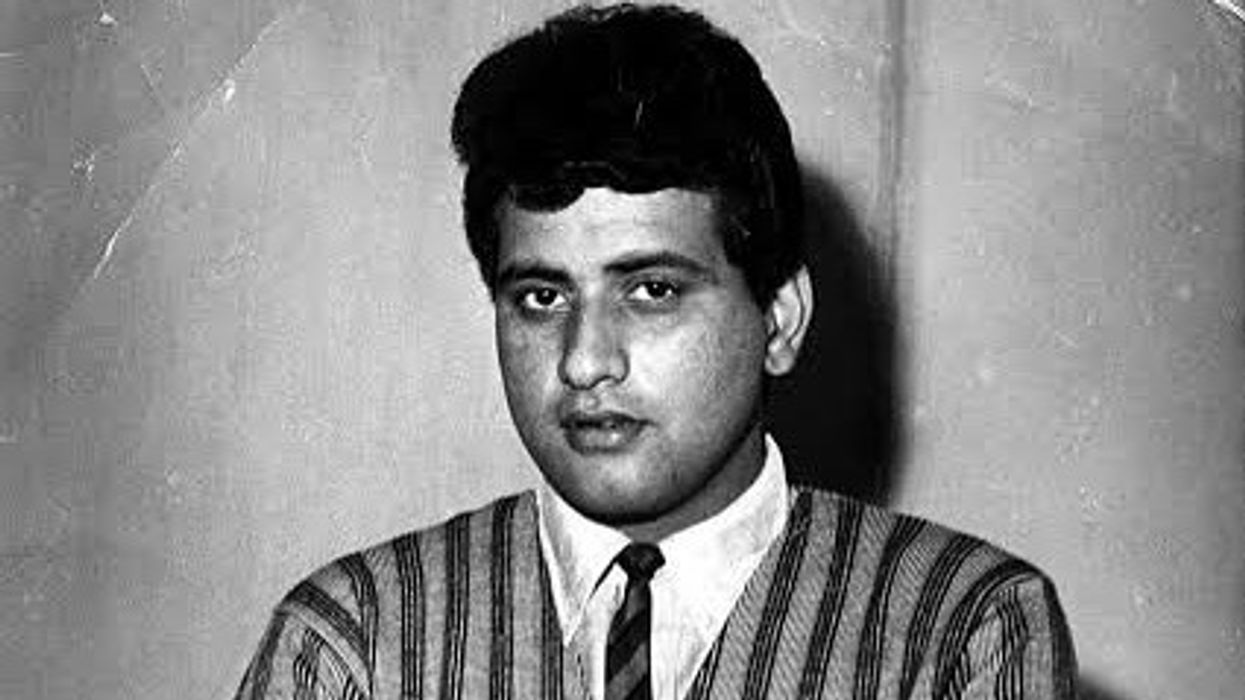Manoj Kumar, an icon, a key figure in Hindi cinema’s golden era and a face that came to represent India’s patriotic spirit on screen, passed away on April 4 at the age of 87. He had been unwell for several years and breathed his last at Kokilaben Hospital in Mumbai.
Born Harikrishan Goswami in Abbottabad (now in Pakistan), Manoj Kumar's childhood was shaped by the partition and displacement. His family's move to Delhi eventually led him to Mumbai, where his fascination for cinema began. Watching Dilip Kumar in Shabnam set the course for his life as an actor. He adopted the screen name “Manoj” in homage to that role.
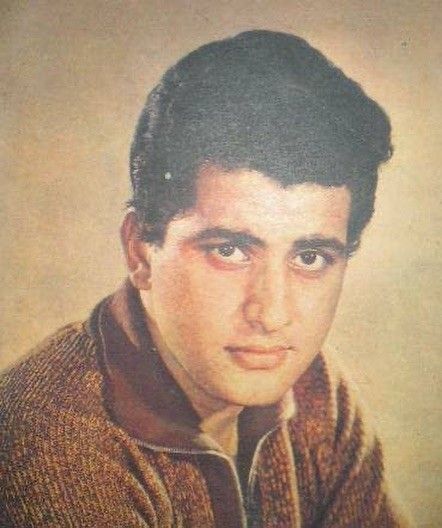
Kumar began his film journey in the late 1950s, gradually climbing the ladder with movies like Hariyali Aur Rasta, Woh Kaun Thi? and Do Badan. But it was the 1965 film Shaheed, based on Bhagat Singh’s life, that gave a glimpse of the themes that would come to define him. That same year, a meeting with then Prime Minister Lal Bahadur Shastri, who had just coined “Jai Jawan, Jai Kisan,” inspired Kumar to direct Upkar, a film that made him a household name.
With Upkar, Purab Aur Paschim, Roti Kapda Aur Makaan, and later Kranti, Kumar carved out a space in Hindi cinema that few have occupied. These films went on to become a part of India’s cultural fabric. The track “Mere Desh Ki Dharti” from Upkar remains a staple on Independence Day playlists even today.
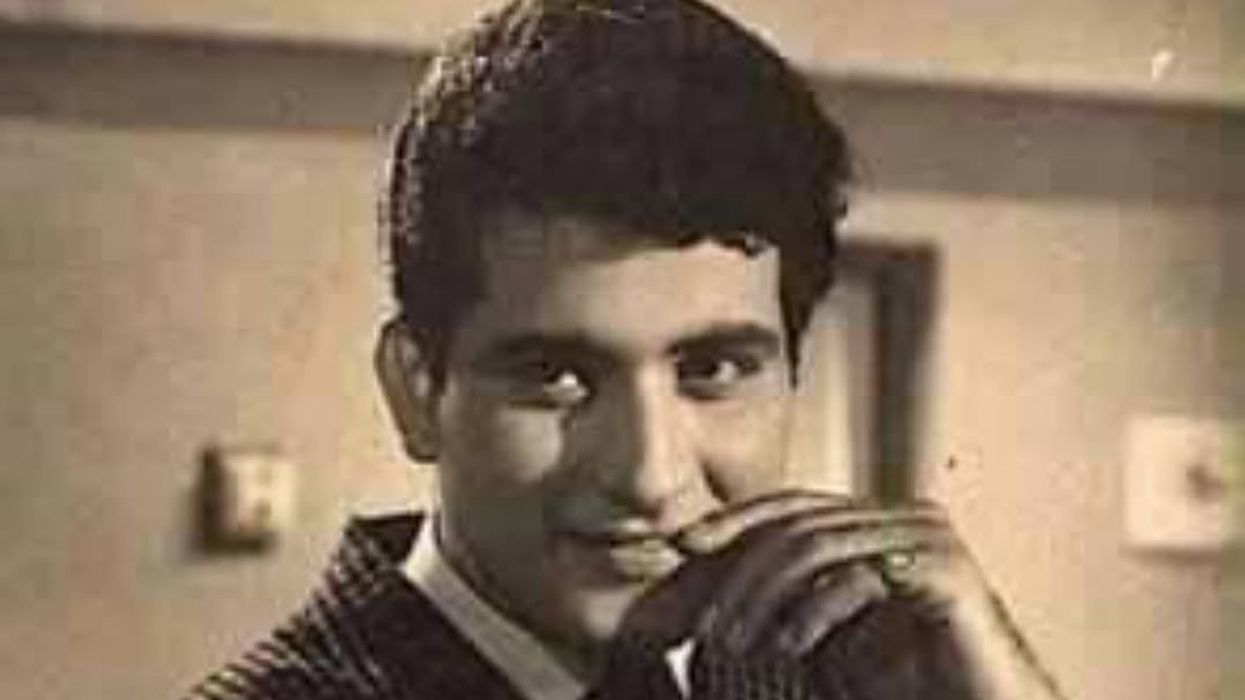
His work earned him the title "Bharat Kumar" from the public and the highest honours from the industry, including the Padma Shri and the Dadasaheb Phalke Award.
In his final years, Kumar was mostly out of the public eye, battling age-related illnesses. His son, Kunal Goswami, shared that the veteran actor found joy in his grandchildren and stayed closely connected to family, despite his declining health.
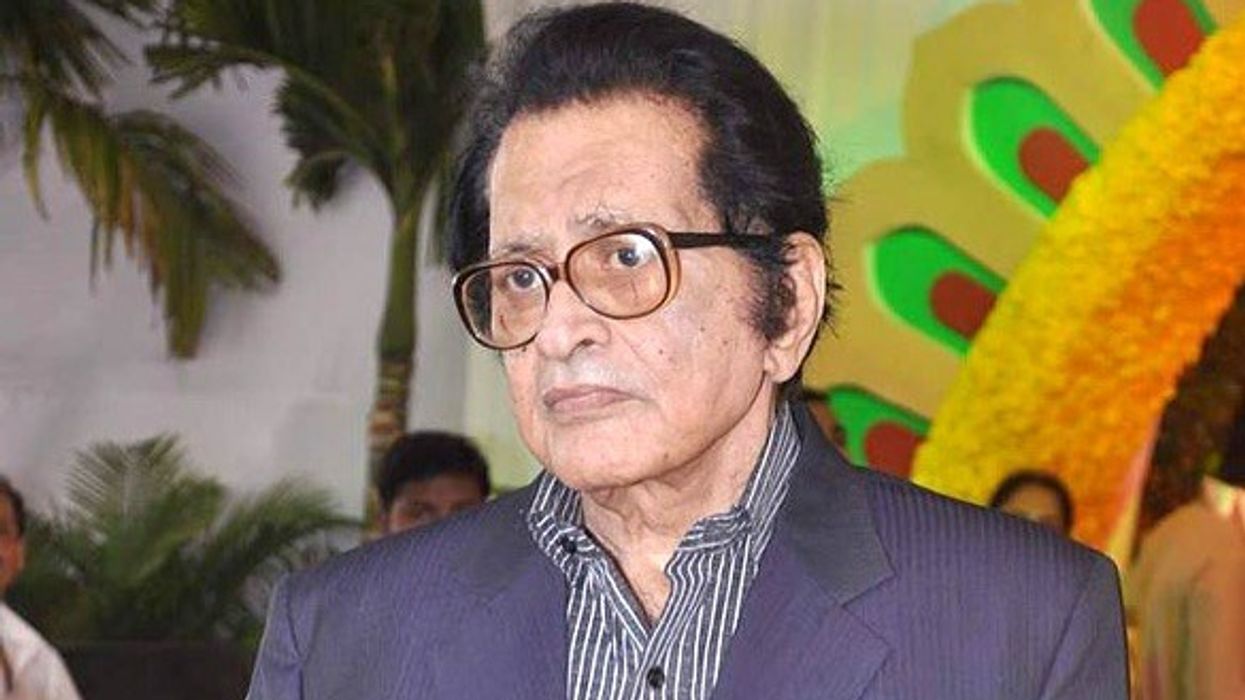
Leaders and artists across India paid tribute, with Prime Minister Modi calling him an “icon of Indian cinema” whose films “ignited a spirit of national pride.”
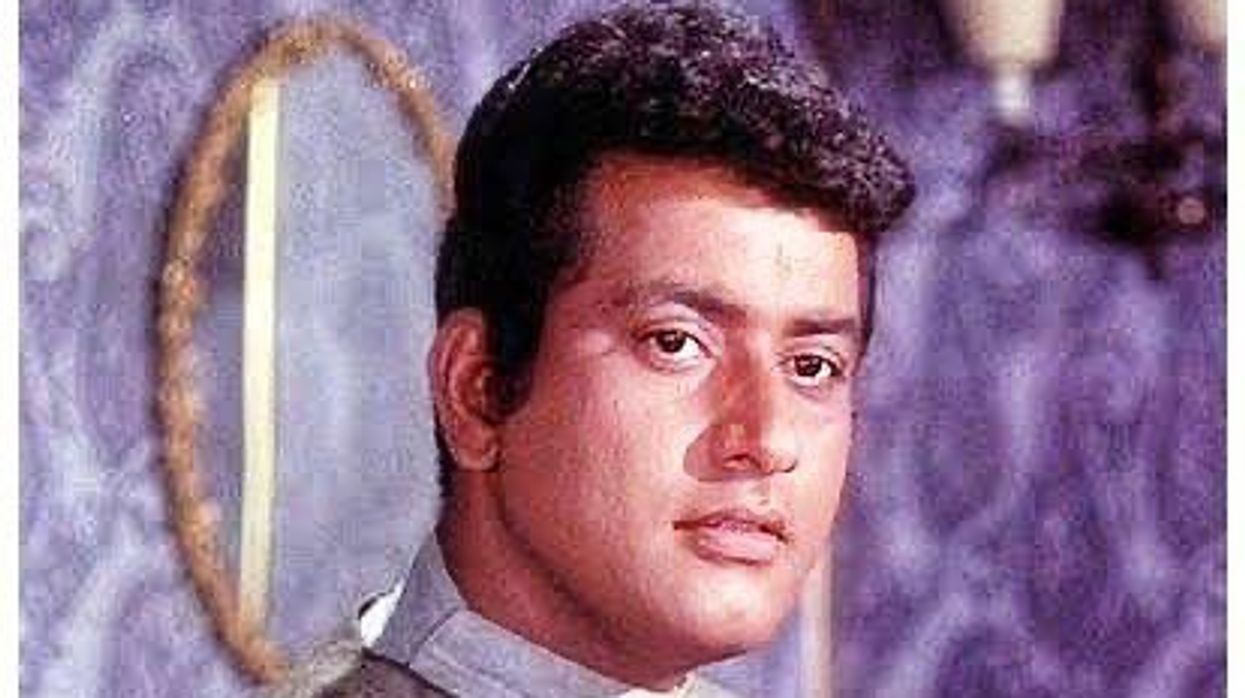
Manoj Kumar’s funeral is scheduled for Saturday, with the last rites to be held at Pawan Hans in Mumbai. His legacy, however, lives on in celluloid, in song, and in the hearts of generations who saw India through his lens.
